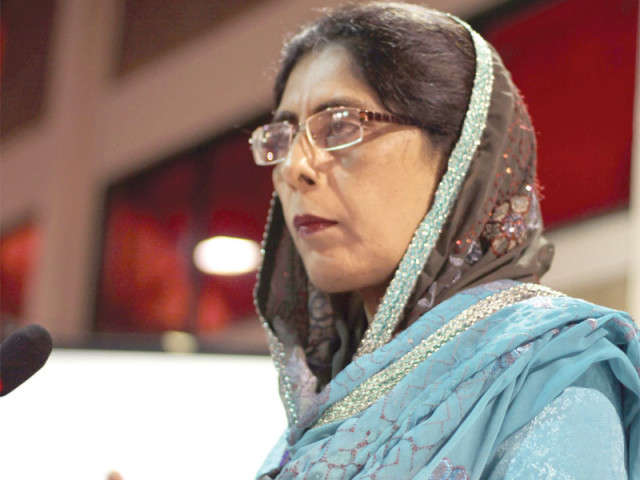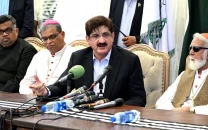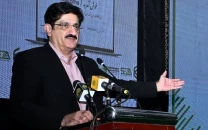That time of the month: Don’t overreact and don’t neglect, comes advice from gynaecologist
Early menopause in Karachi’s women, polycystic ovarian syndrome and irregular cycles all need treatment.

“Don’t overreact or neglect,” warned Dr Shereen Bhutta while wrapping up a session she co-chaired on ‘Gynaecological problems at extremes of age’ as part of the 22nd Biennial Pakistan Islamic Medical Association (PIMA) convention at the Expo Centre on Sunday. Dr Bhutta runs Jinnah hospital’s department of obstetrics and gynaecology. Her co-chair was Dr Azra Jameel of Qatar Hospital.
Despite an early start on Sunday, the hall was filled with gynaecologists and medical students. Only women were allowed to attend the session. The medical director of the Sindh Institute of Reproductive Medicine, Shaheen Zafar, spoke on menstrual irregularities in adolescence. “If a mother suffers from menstrual problems, it’s likely that her daughter would suffer from it too,” she said. Among the more common disorders emerging in young girls is amenorrhea or the absence of a cycle. Also, half of women get dysmenorrhea, the medical term for pain during the cycle. “Mothers think that extreme pain during the period is beneficial for a smooth cycle. But they are wrong. Extreme pain needs to be treated.”
More teens are developing polycystic ovarian syndrome whose symptoms include irregular cycles, unnatural hair growth, for instance on the face, and weight gain. “If not treated properly, it can lead to infertility,” warned Zafar.
Rafia Baloch from the Sheikh Zayed Hospital for Women in Larkana presented a paper on the use of paracervical block, an anesthetic process used in gynaecology, which she says is cheaper and safe. It can completely relieve the pain of the first stage of labor, is ideal for dilatation and curettage (D&C) in poor risk patients and in patients with an incomplete abortion.
Shabeen Naz of Sobhraj Maternity Hospital spoke on oral hypoglycemic drugs in pregnancy and lactation. Diabetes is on the rise in pregnant women, and certain types of these drugs are safe for them. “These ones are significantly less dangerous to the developing fetus,” she said.
Dow University of Health Sciences’ Ayesha Khan noted that up to 18 per cent of women in Karachi are suffering from premature menopause, which is the end of a woman’s reproductive life. “In our society, menopause starts from 44 years. But today, women are developing it even before they turn 40.”
As life expectancy increases, more women are suffering from menopause, whose consequences include osteoporosis.
Published in The Express Tribune, March 5th, 2012.



















COMMENTS
Comments are moderated and generally will be posted if they are on-topic and not abusive.
For more information, please see our Comments FAQ